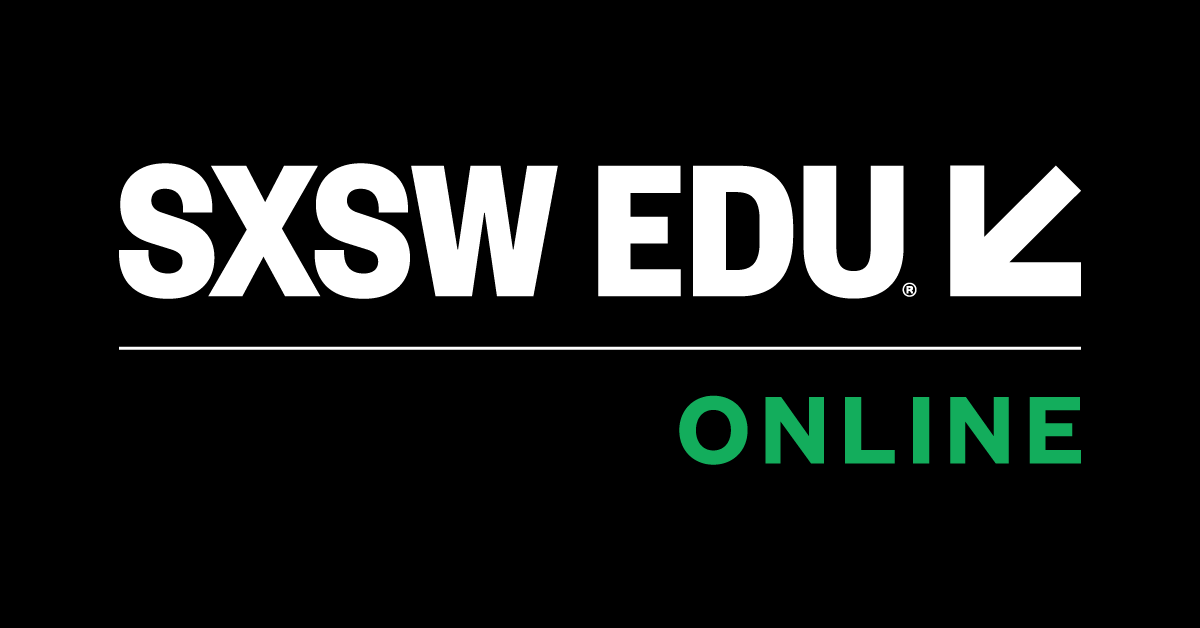From SXSW EDU: Growth mindset holds promise in education

Educator Preparation | Certification Curriculum | Instruction
Date Posted: 5/06/2020 | Author: Andrea Chevalier

When SXSW EDU was cancelled back in March 2020, those in the education community were disappointed to miss out on a week-long learning adventure in Austin, Texas. The annual event brings together masses of educators for a huge education conference that often brings about innovative and forward-thinking ideas. On May 5, by special invitation, ATPE Lobbyist Andrea Chevalier attended the rescheduled and now-virtual SXSW EDU 2020 keynote address on growth mindset in education entitled "A Science of Human Motivation for the Next Decade." Here are some takeaways from the event:

Keynote speaker Dr. Carol Dweck is a psychologist and professor at Stanford University. She is a pioneer in mindset research, who explains that growth vs. fixed mindset is about the differing beliefs that our talents and abilities are either static or can be developed. Having a growth mindset impacts peoples' ability to accept challenges and learn, which is crucial for students and for our future workforce. Data show that students with a growth mindset have better academic outcomes, including in reading. Interventions with students to foster a growth mindset can lead to these results, but such interventions can be costly and labor-intensive. Furthermore, teachers must also have a growth mindset in order for growth mindset interventions to work.
Dr. Mary Murphy is a professor of psychological and brain sciences at Indiana University. She explained in her SXSW EDU remarks that those in power, such as teachers and professors, are "culture-creators" and the "setters" of mindsets. Students who believe their professors or teachers ascribe to certain stereotypes (e.g. "Asians are good at math," or "women are bad at science") become subject to "stereotype threat," which causes under-performance of the negatively stereotyped group. For instance, a study of STEM college courses revealed that professors with a fixed mindset doubled the achievement gap between their white and black students.
Murphy explained that mindsets can be communicated through language and other cues. A teacher with a fixed mindset might say to a student, "It's okay. You're just not a math person." On the other hand, a teacher with a growth mindset might say, "Mistakes are opportunities to learn." True growth mindset classrooms involve growth of the teacher as well as of the student, and they are not any less rigorous than other types of classrooms as they involve plenty of critical feedback and opportunities for improvement.
Dr. David Yeager, a professor in the Department of Psychology at the University of Texas at Austin, talked about growing growth mindset teachers. He built upon Murphy's explanation of the importance of teacher language and shared about a study that involved providing growth-mindset language to students. Students who had a note on their assignment that said, "I'm giving you these comments because I have high standards and know you can meet them," demonstrated reduced racialized gaps in performance. Yeager warned against using false growth mindset language, such as simply encouraging students to "try harder" without showing them a path or providing help.

Learning about growth mindset and implementing practices related to growth mindset are possible for adults as well as students. In fact, as we have seen from the research, a student learning to adopt a growth mindset could be zapped of the benefits if adults in the room have a fixed mindset. During the coronavirus pandemic, many teachers have found new ways to implement growth mindset techniques, such as virtual office hours and increased opportunities to give students ownership over their work and the content (e.g. recorded video lessons that students can pause and rewind and repeat).
As an association supporting the state’s largest community of educators who are dedicated to elevating public education in Texas, ATPE has long advocated for laws and policies that will position our members to inspire student success. A major piece of our work involves developing Texas' future education workforce. ATPE strongly supports educator preparation that requires comprehensive pedagogical training and includes research-based strategies, one example of which would be fostering growth mindsets. For those already in the profession, ATPE supports quality professional development to continue the growth and learning of all personnel.
Learn more about SXSW EDU Online here.
CONVERSATION
RECOMMENDED FOR YOU

02/24/2026
Get out and early vote this week for important statewide offices
It’s time to Teach the Vote in the races for Texas governor, lieutenant governor, attorney general, and comptroller.

02/20/2026
Teach the Vote’s Week in Review: Feb. 20, 2026
Early voting is underway through Friday, Feb. 27. Plus: Check out the brand-new ATPE Mobile App.

02/20/2026
ATPE’s new mobile app brings advocacy tools to your fingertips
Read Teach the Vote, contact your legislators, or donate to ATPE-PAC all on your phone using the new ATPE Mobile App.

